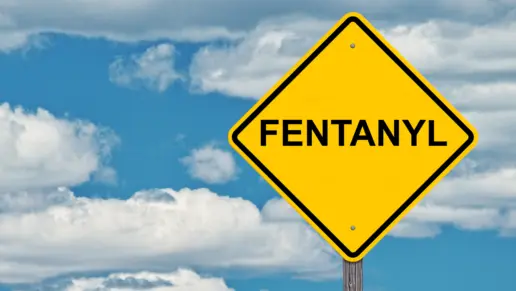Alcohol or drug addiction can affect all aspects of a person’s life and seeking help can seem daunting. You are not alone though, in 2019, over 20 million people aged 12 or over had a Substance Use Disorder (alcohol and illicit drugs) in the US. Thankfully, through diagnosis and treatment, it is possible to overcome addiction and live a full and healthy sober life. Acknowledging that you or a loved one needs help is a brave but necessary first step towards recovery. It can be hard to know where to begin and this is why we have resources to help.
As a starting point, you can call an addiction helpline either for yourself or someone you care about at any time. These free resources are often available 24 hours a day, 7 days a week. While they offer advice and assistance, they are not an emergency service, and you should call 911 if you need emergency assistance. A call to an addiction helpline is often advised after an emergency or crisis situation has been resolved as a means of embarking on long-term recovery.
There are many helplines available to choose from. The Rehab.com helpline offers a private solution to finding a treatment center. There is a wide range of facilities, programs, and providers available. If you or a loved one needs treatment you can call (888) 822-3415 for free to be connected to a specialist that can provide advice. Alternatively, the government offers a similar service through the SAMSHA (Substance Abuse and Mental Health Services Administration) helpline. This helpline fields an average of 70,000+ calls per month and provides referrals to community-based organizations and treatment centers throughout the US. If you do not have health insurance this is a good resource to use and you can obtain help in English and Spanish by calling 1-800-662-HELP (4357).
How can a call to an addiction helpline assist?
An advisor can answer any questions that you have about all aspects of drug and alcohol addiction. They can help to find rehabilitation centers and available treatment. Specific topics that are covered include:
- Understanding the signs of addiction
- Explanation of the different types of treatment options available
- Discussing the benefits of a variety of treatments
- What to expect from the treatment and how it works
- Identifying suitable rehabs and the facilities on offer
- Making important considerations such as location and budget (if you have insurance it’s worth having your policy details to hand)
- Advising concerned friends and relatives on how to approach the need for treatment
What will a specialist want to know?
An advisor will try to learn more about the situation through a set of prescribed questions. By understanding the needs of the affected person, they can offer the most suitable advice and recommendations for the next steps. Questions asked will include:
- Details of drug and alcohol use
- Associated habits and triggers
- Frequency of use
- Effects of addiction on a person’s life
- Financial situation including insurance cover
- Motivation for seeking help
- Mental or physical health concerns
- Previous help that has been received
It is important to be as honest as possible at this stage. Often it is difficult to express in words what is happening but the advisor will give the caller the time they need to feel comfortable. A caller may need to make several calls to develop trust and feel comfortable enough to open up about their struggles. Making the first call is a brave step and engagement in the process will result in the best advice. Often advisors have been through similar situations themselves. They have personal insight into the issues faced and are trained to effectively help others who are in the same situation without judgment.
How to find the best treatment program?
Each rehab center has its own approach, location, cost, and facilities. If you already have some idea about the type of treatment that would be most suitable for you or your loved one, you can address this with the advisor. Finding the right treatment center is important to ensure full commitment to the program and maximize the chance of long-term recovery. Some questions that you may wish to ask your advisor in order to narrow down your options include:
- Programs on offer and suitability for the individual
- Treatment centers for appropriate target groups
- Details of the approach – traditional, holistic, or a combination
- Inpatient and outpatient options
- Accreditation of a treatment center and its staff
- Background of a treatment center including how well established, track record, and published success rate
- Location and facilities
- Cost and available payment plans including insurance, sliding-scale payments, and state aid
- Aftercare packages
- Ongoing support and relapse prevention programs
- Support for friends and family
What happens next?
Once the specialist has more information, they can offer personalized solutions and outline the next steps. They will be able to identify treatment centers that are covered by your insurance policy or can direct you to resources that offer advice about state aid. They can also put you in direct touch with rehab centers that offer treatment programs that match your personal needs and preferences.
The most important thing to do is to make that first call. Treatment is available and recovery is possible. A helpline specialist is an ideal first resource for information and guidance to help you on the road to rehabilitation. Any step you make, no matter how small, is a step closer to long-term recovery. Call now, it could change your life!



